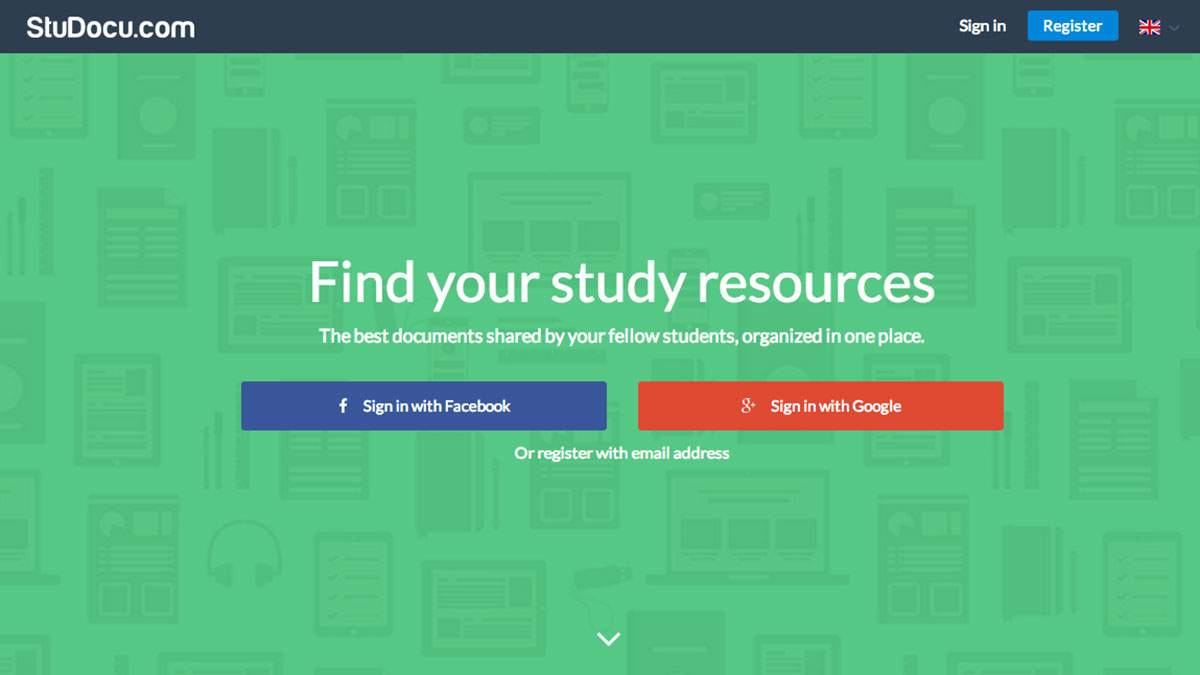 Screenshot
ScreenshotOnline databases providing supplementary class notes such as StuDocu are gaining popularity, and can be seen as potential goldmines by students. Students are paid up to $22 to upload notes and other course materials onto a publicly viewable database.
While it’s possible that these databases might have some worth, and the act of students sharing materials with their peers seems like a noble cause, the availability of such online resources has serious implications for students and professors.
Uploading academic material in original or edited format can deny authors the recognition they are due. A more alarming and surprisingly overlooked issue is one of legal origin. Self-produced material uploaded to databases poses no problem, but if professor-made material is included without the creator’s consent, copyright could potentially become an issue. According to Article 10.01 of the University of Alberta Faculty Agreement, “The University shall be the owner of the copyright and of all copyright works produced by a staff member who has been engaged by the University to prepare such works for the University or part of whose normal responsibilities to the University is the preparation of such works.”
However, professors retain moral rights. The Waiver of Moral Rights states “In addition to ownership of the copyright in a work, the author of a work has “moral rights” in a work that the author creates.” Copyright owners can “prohibit other people from distorting, mutilating or modifying the work, to the prejudice of the honour or reputation of the author” and “prohibit other people from using the work in association with a product, service, cause or institution, to the prejudice of the honour or reputation of the author.” The dual ownership has interesting implications should legal action ever be taken.
Theoretically it’s possible that legal action would be taken over this, but that doesn’t mean that it will ever happen. For a university to sue a provider of study aids is decidedly bad PR (your guess is as good as mine as to whether universities would have any vested interest in controlling these resources) and professors have more important things to do than go to court.
Dr. Cameron Hutchison, a professor of Intellectual Property Law here at the University of Alberta, said “There is also an education exception in copyright law that allows infringement to be waived in some cases. Whether this exception applies to these databases is unclear.”
Given the plight of the music industry regarding the theft of creative work, I expected the same problem in academia to be a subject of discussion and debate among faculty. After speaking with several professors, I was surprised to find that this issue is rarely brought up in departments or among individuals. This could be because of their relatively new onset, or the fact that they don’t pose an obvious enough threat to professors or universities at the moment.
Dr. Christine Brzezowski, professor of Organic Chemistry, acknowledges the implications but also notes that these databases are “largely new, chaotic, and unsystematic.” She perceives their immediate threat being to students who may rely on the information to their detriment, not faculty.
Although these databases have the potential to offer well-made notes, students risk wasting valuable time searching for and using notes that might end up having little positive impact. The fact that students often must pay to have access to full documents on many sites also alarms professors. Sociology professor Dr. Alison Dunwoody is appalled by any price students must pay on these databases, calling it a “commercialization of knowledge.”
Do I believe that these various issues cross the minds of student uploaders? Not at all. Students aren’t using these sites with malicious or frivolous intent, but as the often desperate attempt to improve their grades. Likewise, these databases don’t exist for the purpose of copyright infringement or to step on the toes of professors and universities. They exist to provide a service to students who are searching for help. The fact that the help comes at a price is no real surprise — what is supply and demand without the attempt to capitalize on a resource?
That being said, who knows the trajectory of these sites in the future. They have the potential to grow exponentially, and the implications could easily become issues that require legal action. Passively watching a problem, especially one that involves legal implications, is rarely the right thing to do, but the issues surrounding these databases are new and complex.





Awesome website!
I know, I love it! There are so many useful study documents